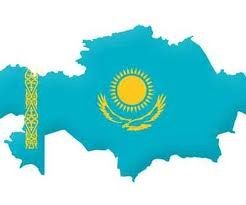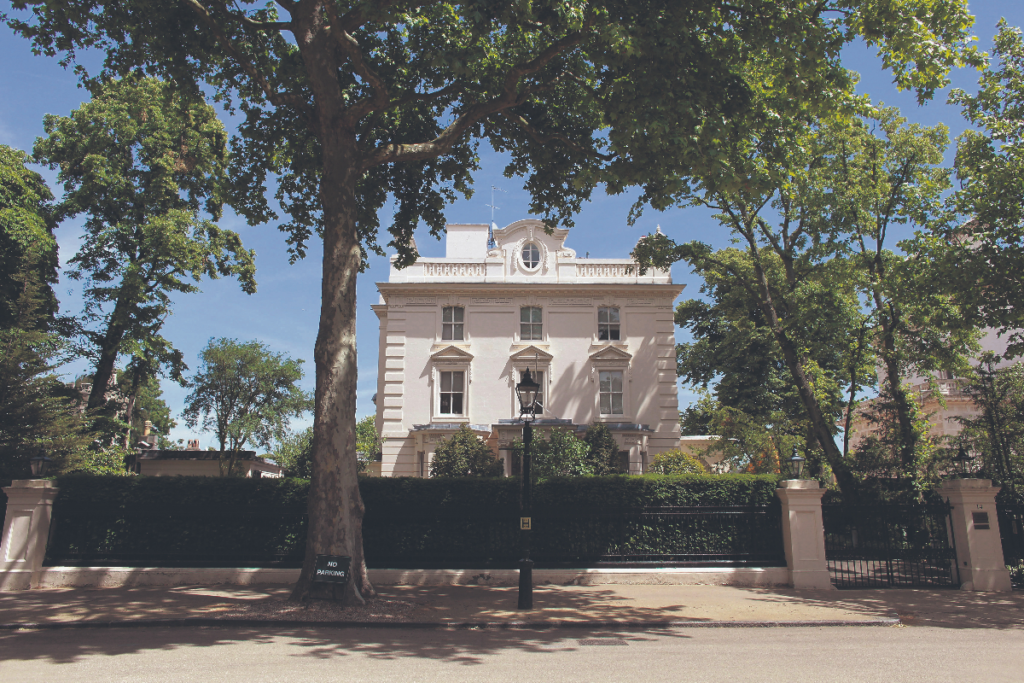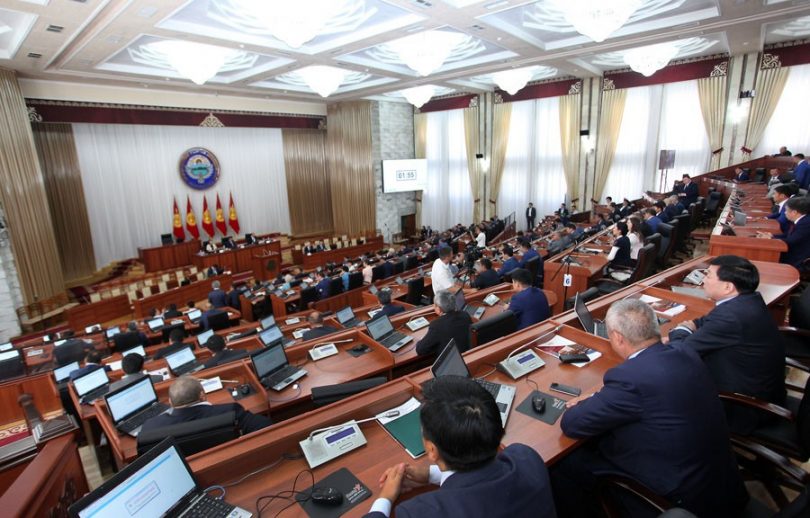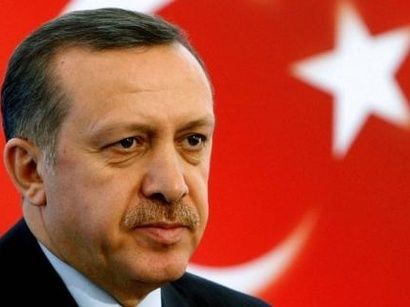ASTANA (TCA) — As Kazakhstan’s longtime President Nursultan Nazarbayev has announced a constitutional reform aimed at redistribution of state power in the country, we are republishing this article originally published by EurasiaNet.org:
Officials in Kazakhstan, by issuing an unexpected and urgent press release about an imminent televised address by President Nursultan Nazarbayev, unleashed a squall of chatter. But not all the talk about the contents of the January 24 address may be to authorities’ liking.
In the hours leading up to the televised address, some speculated online that the 76-year old leader, who has ruled his country for more than a quarter of a century, might announce his retirement. Cooler heads suggested — and were proven right — that Nazarbayev, known popularly by his officially endorsed honorific of Yelbasy (“Leader of the Nation”), would unveil plans to revamp the constitution.
If members of the presidential administration were expecting an outbreak of enthusiasm over the address, they may be disappointed by the tepid reaction on social media.
On paper, the imminent changes announced by Nazarbayev are significant, and would entail greater powers being given to parliament — a notable departure for a region dominated by strongman presidents. The strong presidential model had run its course, and the time has come to pursue a deeper democratization of the political system, Nazarbayev said.
Nazarbayev has long held an ambivalent stance on the value of democracy. While embracing it in principle, he has also bristled at what he perceives as unreasonable Western criticism of shortcomings in the areas of fair elections and media freedom.
The finer details of Nazarbayev’s plan remain to be worked out. An opportunity for the public to comment on the plan is due to wrap up by February 26. Sergei Gromov, a member of the state commission on the redistribution of powers and a former deputy speaker of the upper house, said there were no plans to hold a referendum on the changes. Senate speaker Kassym-Jomart Tokayev said members of the upper house of parliament will now actively engage in spreading information about the proposed changes among the public.
“Our political system will be based on the concept of a strong president, an authoritative parliament and an accountable government,” Tokayev said.
The announced changes have been greeted with a dose of skepticism. “The [talk of] division of powers is reminiscent of two bald men fighting over a comb – the two bald men here being the government and parliament, which have both shown their ineffectiveness in reacting to crises, as well as in their legislation-drafting efforts,” political analyst Dosym Satpayev wrote on his Facebook account.
Analysts affiliated with the government have offered glowing evaluations of the pending tweaks to the political system. Yerlan Karin, director of the state-run Kazakhstan Institute of Strategic Studies, described the proposals as “real political reforms.”
“The government will now abdicate its authority before the elected Majlis, and not the president,” Karin wrote.
Karin noted, however, that Kazakhstan will ultimately remain a presidential system. “The president will continue to act as a final arbiter between the branches of power. But it was plainly stated that the president will now concentrate on strategic issues, on matters of foreign policy and national security.”
Satpayev, the independent analyst, indicated that the idea of the parliament being endowed with greater responsibility is hardly a new one. “In fact, it was several years ago that the lower house of parliament, in the form of Nur Otan, which was the party that won a majority in parliament, already won the formal privilege to participate in the formation of a government,” Satpayev said. “But in real terms, parliament never changes its role as the ‘notary office’ of the government and presidential administration. … Before separating any powers, you would need to strengthen those political institutions that would actually be able to do something with those powers.”
Satpayev described the constitutional reforms as another case of Kazakhstan “putting the cart before the horse.”
In the latest round of elections for the lower house of parliament, the Majlis, in January 2016, Nur Otan secured 84 out of 98 available seats. The other parties that won seats were the Communist People’s Party of Kazakhstan and the pro-business Democratic Party of Kazakhstan Ak Zhol, with seven apiece. Both factions tend to support government initiatives.
After the 2016 vote, international monitors said the election campaign lacked energy, and added that voters had little variety from which to choose. Despite Nazarbayev claiming the election would prove an exercise in regeneration, the composition of the parliament ended up being exactly the same as the one it replaced.
Political commentator Ibrash Nusupbayev suggested that in announcing the changes, Nazarbayev had mostly self-interest in mind.
“Why is it that the president chose this very moment to pass financial powers to the Majlis and the government? The answer is that the economic situation is in a piteous condition and all the negative consequences that emerge from that will be blamed on whoever is running the economy,” Nusupbayev wrote on Facebook.
For all the promises of dramatic change, Nazarbayev has made bold reform pledges before that have yet to come to fruition. After winning reelection in 2015 with 98 percent of the vote, for example, Nazarbayev mused that Kazakhstan should begin its transition from its super-presidential system to a more balanced one with greater checks and balances. He offered an ambiguous assessment at that time of what a more democratic nation would look like. Everyone has “their own truth” when it comes to democracy, he said, adding that “democracy lies in making the state more accountable to the people.”









